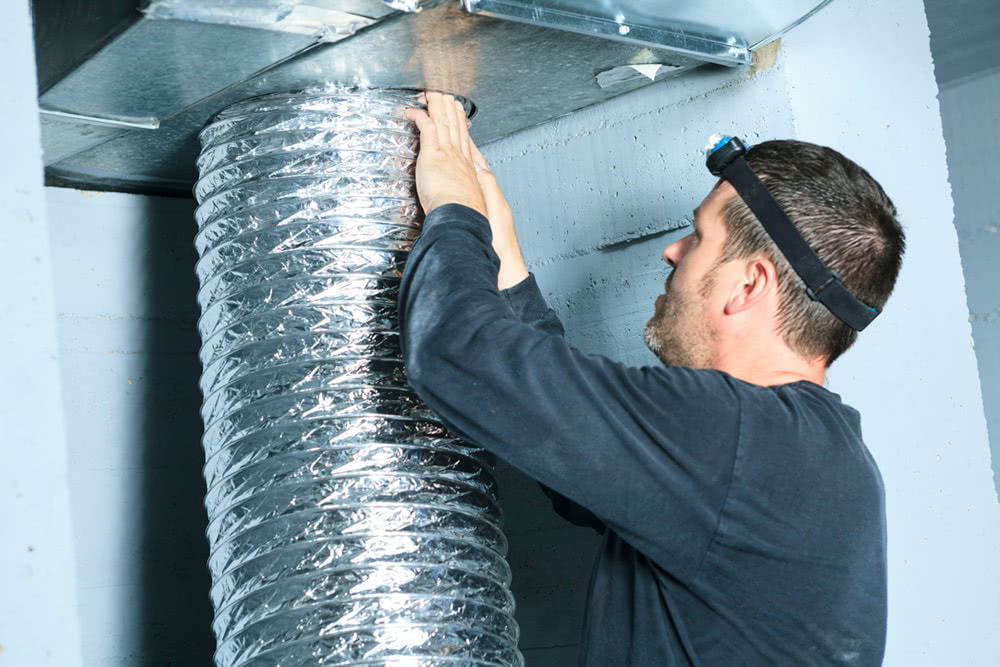Regular HVAC checkups are essential for ensuring a comfortable and safe indoor environment. Numerous homeowners may neglect this essential task, but recognizing the advantages can greatly impact both the performance of the system and the general quality of living conditions. When you think about the role that heaters, venting, and air conditioning play in regulating heat and air quality, it becomes evident that neglecting maintenance can lead to larger issues down the line.
What precisely is HVAC, and how does it function? A reliable HVAC system is the foundation of a comfortable home, providing necessary heating and cooling all year round. Being aware of how to keep this system operating effectively not only enhances comfort but also can lead to significant energy savings. With consistent inspections, homeowners can identify minor issues before they grow into expensive repairs, ensuring that their HVAC systems function properly for an extended period to follow.
Comprehending HVAC Mechanisms
HVAC stands for heating, air circulation, and air conditioning, that together constitute a crucial system for providing convenience in residential and corporate spaces. At its foundation, an HVAC system regulates indoor climate and air quality, guaranteeing that spaces are not only enjoyable but also safe and healthy. Comprehending the essentials of how these configurations work is vital for anyone wanting to buy, service, or improve their HVAC system.
The heating aspect of HVAC generally features furnaces or thermal pumps, that create warmth during frigid months. Ventilation is important for refreshing indoor air, eliminating pollutants, and regulating dampness levels, and air conditioning systems ensure the environment cool during warmer months. In unison, these elements function in coordination to manage airflow, temperature, and humidity, creating a stable and comfortable indoor environment.
Regular upkeep and inspections of HVAC systems are key to their effectiveness and durability. Knowing the frequent pitfalls— including neglecting odd noises or unusual energy costs—can help prevent expensive fixes and system failures. Understanding your HVAC setup can enable you to make informed decisions about maintenance, upgrades, and energy efficiency, ultimately causing improved comfort and lower energy costs.
Maintaining Effectiveness and Functionality
Routine HVAC check-ups act a crucial role in preserving the performance of your heating and cooling systems. By having a certified expert check your HVAC system a minimum of once a year, you can detect potential issues before they develop into costly repairs. These checks generally cover maintaining critical components, examining refrigerant levels, and evaluating airflow, each of which can considerably enhance overall efficiency. When your system operates smoothly, it not only ensures pleasant indoor temperatures but also minimizes energy consumption.
In addition to identifying problems early, regular maintenance assists enhance the efficiency of your HVAC equipment. Carefully serviced systems operate with increased efficiency, providing consistent heating and cooling while consuming less energy. This leads to reduced utility bills and a minimized environmental impact. For homeowners, this means committing in scheduled inspections can lead in considerable long-term savings while keeping the home environment safe.
Finally, maintaining your HVAC system extends its lifespan. The deterioration that comes with neglect can result to early breakdowns and the need for costly replacements. By consistently organizing inspections and tune-ups, you can confirm that all parts operate properly, which not only extends prolongs the life of the system but also enhances its overall reliability. Ultimately, a well-maintained HVAC system offers reassurance, knowing your home will be comfortable regardless of the season.
Advancements and Future Trends in HVAC
The Heating, Ventilation, and Air Conditioning sector is experiencing significant evolutions thanks to improvements in tech and a growing focus on efficient energy use. One of the most prominent trends is the integration of intelligent systems into HVAC systems. Smart thermostats and sensors allow homeowners to remotely monitor and control their heating and cooling systems, optimizing energy usage based on current data and personal preferences. This development not only improves convenience but also helps users to substantially reduce energy costs by cutting down on waste.
Another thrilling trend is the growth of sustainable energy solutions in heating and cooling. try here -powered systems are becoming more attainable, enabling homeowners to utilize solar energy for climate control their spaces. Geothermal heating and cooling solutions are also becoming popular, providing an sustainable alternative by utilizing the stable temperatures of the earth. These systems not only reduce carbon footprints but also provide long-term savings on energy bills, aligning with a global urgency for sustainable practices.

Finally, breakthroughs in indoor air quality technologies are changing how HVAC systems contribute to health and comfort. New developments such as sophisticated air filtration systems and UV-light purifiers are designed to fight allergens and pathogens, boosting overall indoor air quality. As recognition of the importance of a wholesome indoor environment grows, these system improvements are becoming crucial for both home and commercial spaces, enhancing the health of occupants and demonstrating the heating and cooling sector's devotion to health-conscious solutions.
